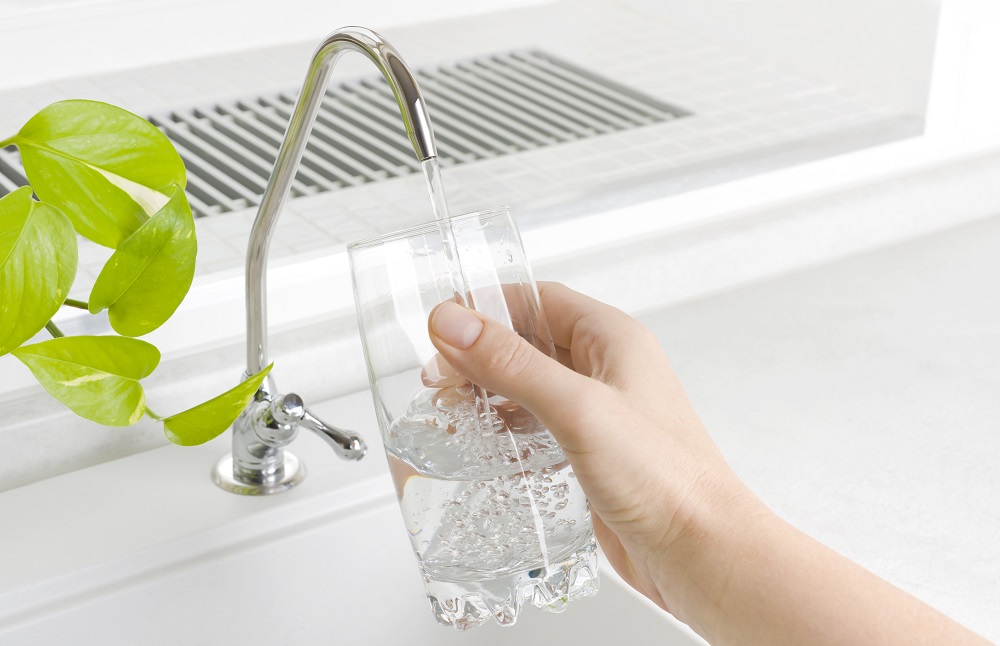Life is impossible without water. And to improve the quality of drinking water, every household is recommended to install a water filter. When it comes to water filters, though, people frequently make the wrong choice. They lead to mistakes in the filtering process, flow rate, and power usage.
Filtration is one method of protecting your health. Check the list of things below to evaluate the ideal water filter for your needs:
1. Efficiency Of Contamination Removal
Installing a water filtration system serves to remove contaminants from tap water and provide clean drinking water. Water delivered to your home may contain several pollutants that could be harmful to your health.
Biological contaminants such as bacteria, cysts, and other microparasites can enter your body through contaminated water. Furthermore, multiple studies have found that domestic water contains dangerous chemical pollutants that have been linked to high cholesterol, obesity, and hormone suppression, among other health issues. Furthermore, toxic elements such as arsenic and lead, which can cause cancer, may be present in tap water.
Before choosing a filter, you should discover any contaminants in your water, have it tested in a certified laboratory, and then decide which filter is the best fit for you. While most filters remove about 40 pollutants, some can remove up to 60 while some only about 25. If your water contains a high level of contaminants, you can browse this site and purchase a filter that removes them.
2. Type Of Filter
Water filtration systems might use new filters or a self-cleaning mechanism that flushes impurities down the drain. There are two types of water filters: enclosed and open sump. Plastic-wrapped encapsulated filters are usually system-specific. They’re designed for rapid, no-mess filter changes by simply twisting the filter off and replacing it. There’s no need to turn off the water or drain the system, and there’s no need to deal with the exposed unclean filter material.
Meanwhile, an open sump filter refers to those with plastic caps on each end for handling. They’re typically universal in size, allowing them to be used with many open sump systems. Filters are classed based on the type of media used, the micron rating, whether they’re pleated or unpleated, and the pollutants they remove. The filter you choose will be influenced by the quality of your water as well as your safety concerns.
It’s a must to have a nearby drain for self-cleaning devices, which you can program to run at a predetermined period. These systems are typically more expensive at first but require little to no maintenance in the long run.

3. Installation And Operating Costs
Your money will play a considerable role in determining the sort of water filter you purchase. Determine the cost of a filter, including the number of stages used to handle water, the rate of filtering, and the filter storage capacity. A filter’s price will also be higher if it includes a demineralization cartridge.
Aside from the initial purchase, there are further costs associated with acquiring a filter. You’ll need to change your cartridges, so figure out how much they cost. Determine the amount of electricity used by your filter. Keep in mind that while filters may appear to be expensive at first, they may end up saving you money in the long term.
To get safe drinking water, you don’t need the most expensive and complicated system. Assess the contaminants in your tap water and your regular water use to determine which option is best for you. It’s a waste of money to spend your hard-earned money on something you don’t need. Furthermore, if the situation calls for it, don’t be afraid to go slightly over budget.
4. Storage Capacity Of The Water Filter
While UV and reverse osmosis filters are cutting-edge water filtration technologies, they require a lot of energy. Consider a water filter’s storage capacity, especially if you live in an area prone to power outages. Choose a device with additional storage or activated carbon filters if you need a consistent supply of filtered water.
5. After-Sales Service
Excellent after-sales service is another factor to consider while buying a water filter. While having the necessary materials on hand is vital, keeping them in good condition necessitates servicing. It’s recommended that you select water purifier manufacturers who offer excellent after-sales service.
Takeaway
Regardless of where you live, it’s vital to have a supply of water that’s clean and filtered. These are just a few of the essential factors to consider when selecting. By following the guidelines outlined above, you can ensure that you get the water filter best suited to your needs.


















